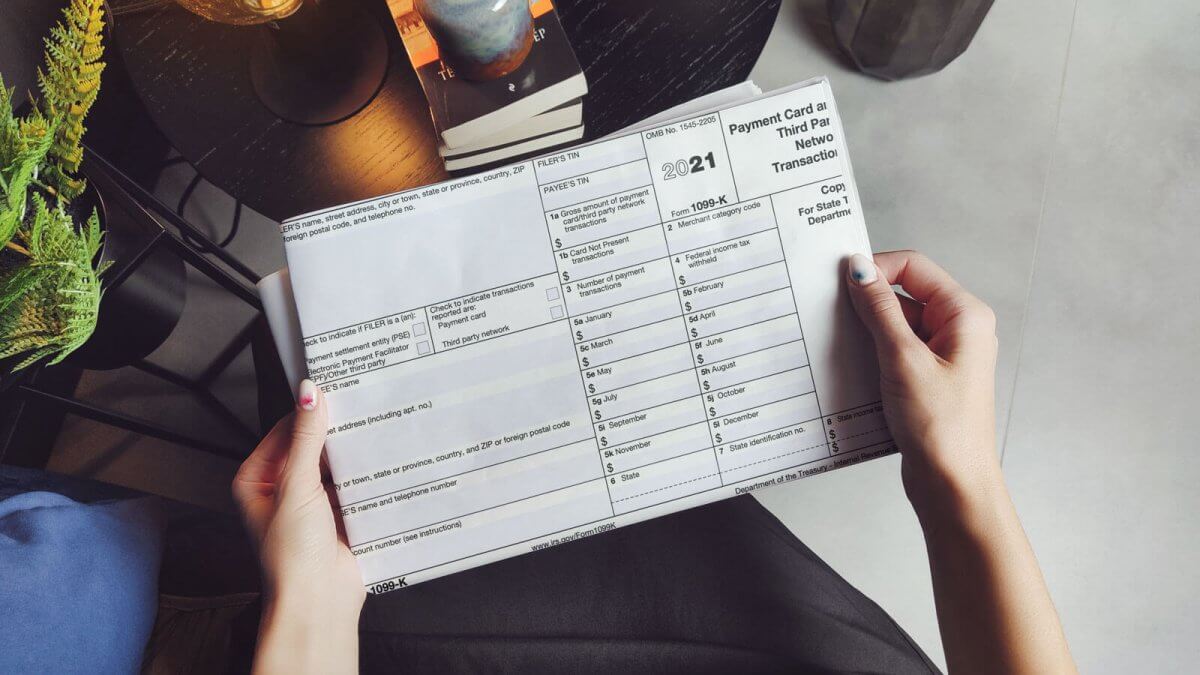
By Ari Giovenco, Director of Trade and International Policy
The internet is a major driver of U.S. economic strength and is changing the way we trade. Hundreds of thousands of U.S. small businesses rely on internet platforms to seamlessly connect with new customers both at home and abroad. From South Dakota to Singapore to Santiago, internet services connect U.S. businesses with buyers in other countries in ways that were impossible even a decade ago. In the past, massive capital and resources were needed to participate directly in global trade. But today, online tools are lowering entry barriers for small businesses – often at low or no cost. The impact of digital trade is now clearly measurable in U.S. trade statistics: in 2014, the internet economy ran an enormous $159 billion trade surplus in digitally-deliverable services.
U.S. success in digital trade depends on innovation-oriented laws and policies – including copyright intermediary liability protections, fair use, and other copyright limitations and exceptions. Unfortunately, the open internet policies we take for granted in the United States are not always the status quo around the world. Increasingly, other countries are seeking to impose internet-restrictive laws that would deviate from U.S. norms – in some cases making it hard for U.S. services to operate at all. The proliferation of unbalanced or inadequate intellectual property regimes and intermediary liability protections threaten U.S. market access in some of the largest markets in the world.
Last week, IA submitted comments to the U.S. Trade Representative’s (USTR) office as part of its annual Special 301 review of foreign intellectual property laws. IA’s submission urged USTR to prioritize and engage on nearly 30 market access issues in over 40 countries. In order to adequately advance U.S. interests in intellectual property, IA believes USTR should not only highlight enforcement measures that may be necessary to deter illicit activity, but also address unbalanced systems of intellectual property and intermediary liability protection in other countries. Copyright limitations and exceptions – like fair use – are critical for the success of U.S. companies and users that rely on the internet to do business abroad.
While the Special 301 process gives the United States an important mechanism to address unbalanced copyright policies abroad, it is also important to promote balanced frameworks in ongoing and future trade negotiations. IA urge USTR to focus on promoting all key elements of the U.S. copyright system in upcoming trade negotiations.










